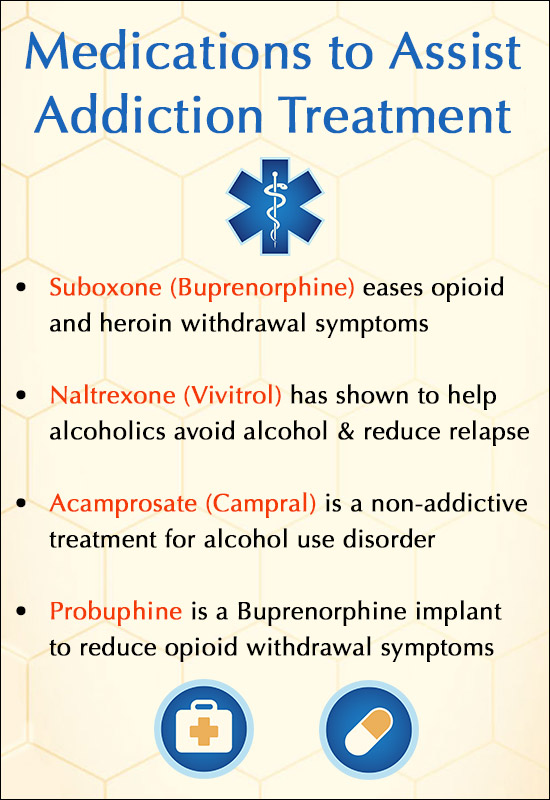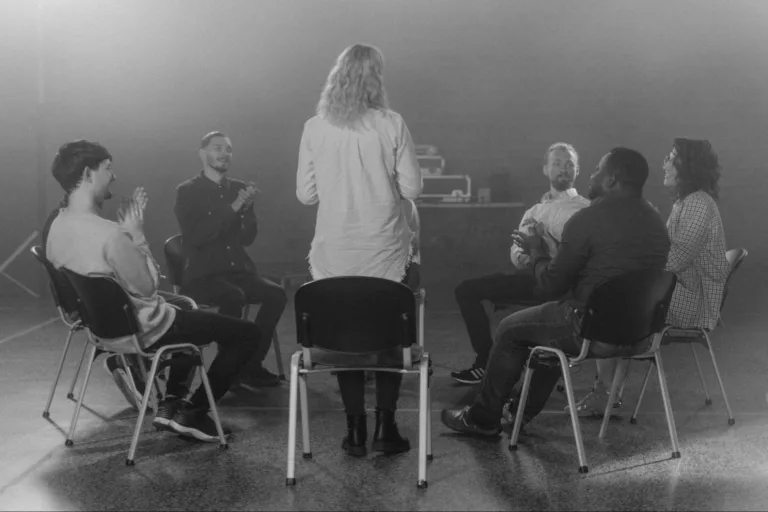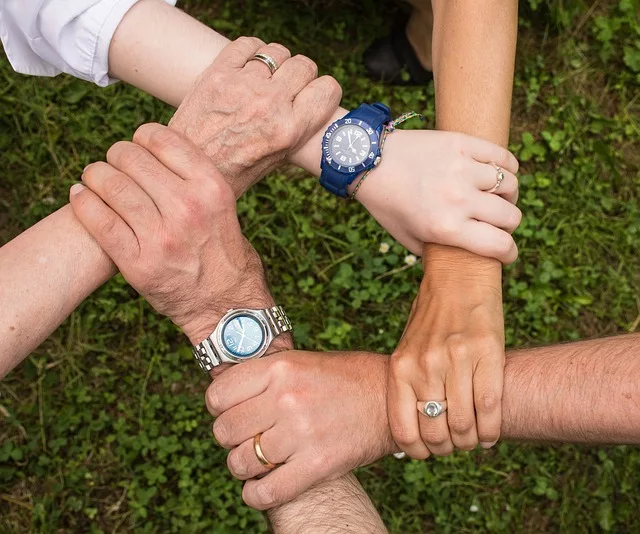Though it’s not always the lead story these days, the epidemic of opioid addiction is still very much a lingering national health crisis.
There were more than 70,000 fatal drug overdoses in 2017, the vast majority of which were opioid-related, according to the Centers for Disease Control and Prevention (CDC).
There have been a number of breakthrough medications for treating opioid addiction, but among the nearly 3,000 residential treatment facilities in the United States, only half take advantage of these groundbreaking medications, amFAR reports.
Unfortunately, many treatment facilities continue to promote an abstinence-only approach to recovery, despite evidence that medication-assisted treatment (MAT) can save more lives.
Abstinence from drugs and alcohol is, of course, a positive goal, but when it relates to a chronic disease, such as addiction, it’s not always feasible, at least in the beginning of treatment.
It’s understandable that some patients might be hesitant to take one type of drug to get off another. There is a bit of cognitive dissonance about the idea and that can lead to doubts.
“I feel like I’m kind of, in a sense, cheating the program because I’m still depending on a substance to make me feel normal, and that’s not why I came here,” Heather Ramsey, a pregnant, 30-year-old patient at a Tennessee treatment facility, told the New York Times.
Ramsey has struggled with prescription painkillers and benzodiazepine addiction for 15 years.
There is, however, a large body of evidence that shows medication-assisted treatment is safe and, in most cases, more effective at helping people stay in treatment longer.
The result is fewer relapses and longer periods of recovery. Many of these addiction-treatment medications are becoming more and more familiar and requested in treatment facilities.
What Medications Are Used to Treat Addiction?
The past few decades have seen new medications arrive for treating alcohol misuse as well as heroin and opioid addiction. These medications include some of the following:
Buprenorphine
Buprenorphine + naloxone is a partial opioid agonist that contains buprenorphine to ease opioid and heroin withdrawal symptoms that might otherwise drive a person to seek more opioids.
Naltrexone (Vivitrol)
Naltrexone, which goes by the brand name Vivitrol, has been shown to help alcoholics avoid alcohol and even reduce the number of days they drank after a relapse.
Acamprosate (Campral)
Acamprosate, also known as Campral, was approved by the FDA in 2004 and is a non-addictive treatment for alcoholism that stabilizes chemical imbalances in the brain.
Probuphine
Probuphine is a small buprenorphine implant that reduces opiate withdrawal symptoms. This medication removes the possibility that a patient will skip their dose of buprenorphine and relapse as a result.
NSS-2 Bridge
There are even non-medical approaches, like the NSS-2 Bridge, which is a small, hearing-aid-sized, electronic stimulator that fits behind a patient’s ear and delivers pulses that can ease opioid withdrawal symptoms.
Expanding Addiction Treatment
Under Health and Human Services (HSS) Secretary Alex Azar, the federal government offered $1 billion in grants to expand access to addiction treatment, but only facilities that practice medication-assisted treatment are eligible for financial assistance.
This is a good first step in changing the resistance of MAT, but it’s not always easy to change old perceptions.
In Tennessee, state officials are working with nonprofit treatment programs around the state, training them on the new medications and attempting to change the stigma associated with medication-assisted treatment.
Assistant Commissioner of the Tennessee Department of Mental Health and Substance Abuse Services, Taryn Sloss, is at the forefront of this push. She knows how hard it is to change the long-held opinions of some recovery advocates.
“A lot of them were abstinence-based [programs] and had people in recovery on their boards who thought, ‘If it was good enough for me, it’s good enough for everyone else,'” Sloss told the NYT.
Old habits die hard, as the saying goes, and this is particularly true in the field of addiction treatment, where for decades addiction has been seen as a moral failing rather than what it is – a chronic, reoccurring disease of the brain.
Medication-assisted treatment is making headway not just because it’s effective, but because it’s giving people who lost everything a chance to build a new life.
Related:
Opioid Addiction Treatment Medications: Naltrexone vs. Suboxone
Addiction Myth – Treating Addiction with Medication is Substituting One Drug for Another






